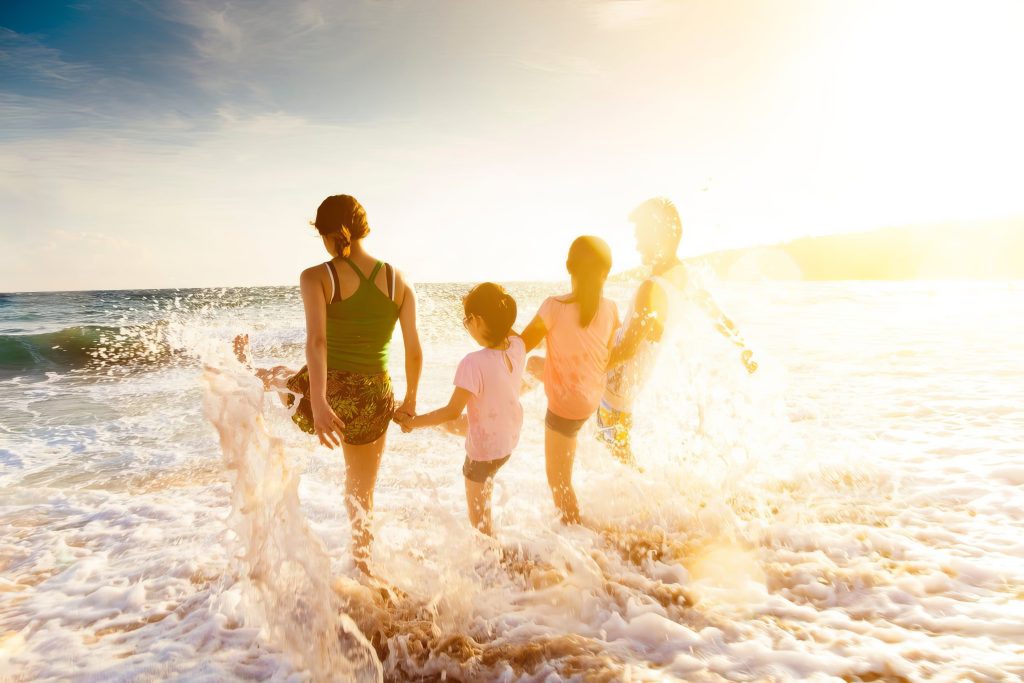
Get Ready for Unexpected Challenges When Traveling Abroad
You’ve been counting down the days, with your bags ready and your excitement building. Yet, have you really covered everything? What if something unpredictable happens, like an illness, natural calamity, or political unrest, during your overseas trip? Being truly prepared for unforeseen situations starts way before you hop onto that plane.
In my role as an outdoor expert, my travels have taken me to diverse global destinations, and I spent a considerable time of 3 years living in Japan.
Before I even set foot on a plane, ship, or drive to embark on a journey, work, or reside in a foreign country, there are some key safety preparations I always make.
Typical Travel Preparations by Most
Most individuals pick up the newest travel guides such as Fodor’s, Frommer’s, DK Eyewitness Travel, or those by Rick Steves. They ensure their passports are up-to-date, get necessary vaccinations, secure visas, and then book their trips. And while that’s a good starting point, there’s more to consider. Want to be equipped for unexpected situations during your overseas stay? It takes just a bit more planning ahead. Here’s my approach.
Initial Steps for International Travel
My preparations start with:
- Ensuring my passport is updated.
- Staying informed about visa mandates.
- Staying updated on travel advisories.
- Getting suggested immunizations.
- Investing in a couple of travel guides and maps to get familiar with the destination.
But my preparations go beyond these basics. Let’s dive deeper…
Emergency Preparedness While Overseas
Consider the collection of documents I assemble as a quick-access folder tailored for travels.
Gathering Knowledge
In addition to the above basics, I emphasize on gathering deep insights about my destination, not just relying on popular travel sources. Hence, I turn to the CIA’s annually updated World Factbook, which provides a plethora of country-specific information ranging from history to transportation.
Document Organization
Essential to any trip is having all the required documents. It’s crucial to have:
- Copies of my passport, driving license, birth certificate, travel plans, and other vital documents.
- A secure backup in a waterproof case.
- Digital versions stored in password-protected drives and cloud services like Dropbox or Evernote.
- Copies left with a trusted contact back home.
Emergency Contacts and Safe Zones
Before departure, I note down addresses and contacts for U.S. embassies, consulates, and local U.S. military bases. Additionally, I gather similar details for other English-speaking countries like the UK and Australia.
Registering with STEP
Joining the Smart Traveler Enrollment Program (STEP) offers threefold benefits:
- Making your location known.
- Receiving timely travel alerts.
- Assisting loved ones in reaching you during emergencies.
Weigh its advantages before enrolling.
Locating Medical Establishments
Being aware of nearby hospitals and clinics before an emergency strikes is crucial. I make sure to identify English-speaking medical facilities in my destination area and include this in my travel records.
Communication Strategies
A trustworthy individual always knows my whereabouts. Regular check-ins with this emergency contact ensures my safety.
Understanding Currency and Financial Aspects
During crises, cash is king. I keep minimal cash and use credit cards mostly. I research local currency, exchange rates, and banking facilities in advance, ensuring I always have access to funds.
Mapping Key Locations
A well-marked map, highlighting my stay, local U.S. embassy, hospitals, banks, and ATMs, is always handy.
Language Proficiency
Knowing basic phrases is essential, especially in emergencies. I practice:
- greetings
- directions
- emergency terms
It’s not only about knowing the phrases but ensuring you’ve practiced them adequately.
Respecting Local Traditions and Etiquette
Being aware of local customs and dressing modestly and appropriately ensures smoother interactions and fewer chances of misunderstandings.
Backup is Vital
My meticulous preparations might seem over-the-top, but as an outdoor guide responsible for others, safety is paramount. It’s always better to have backup, reflecting the mantra “two is one and one is none.” Tailor these steps to fit your needs.
Final Word on Handling Overseas Emergencies
Investing extra time and effort ensures a memorable journey and prepares you for emergencies. You might even assist another traveler in need. Safe travels!
Do you have any recommendations for emergency preparedness while traveling? Share your insights in the comments below!

